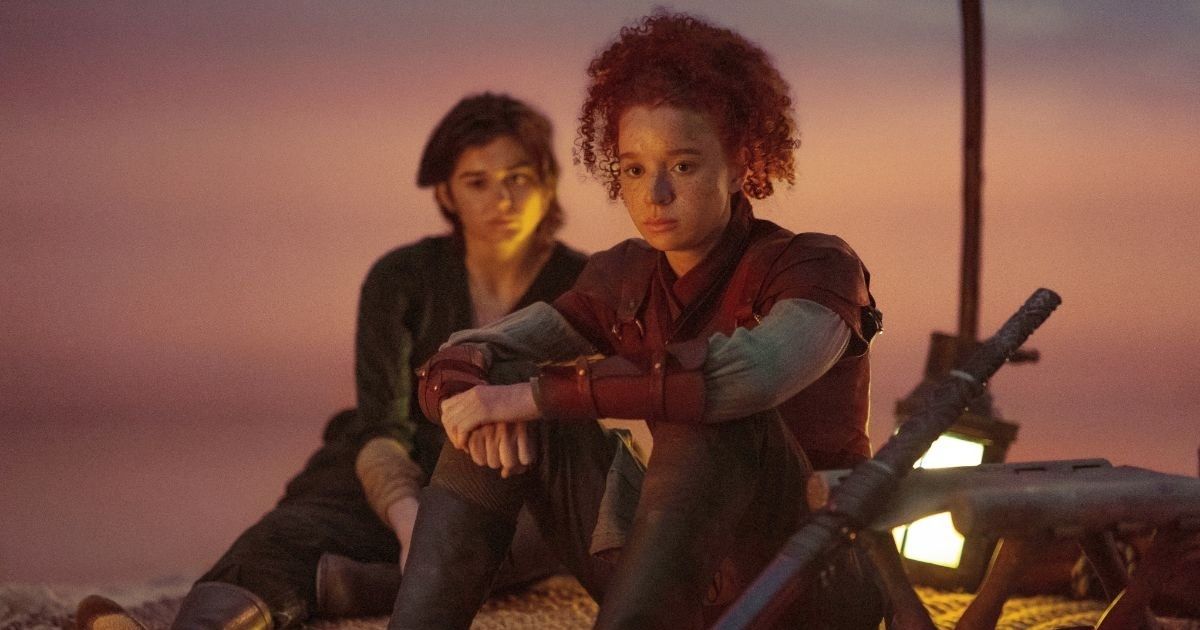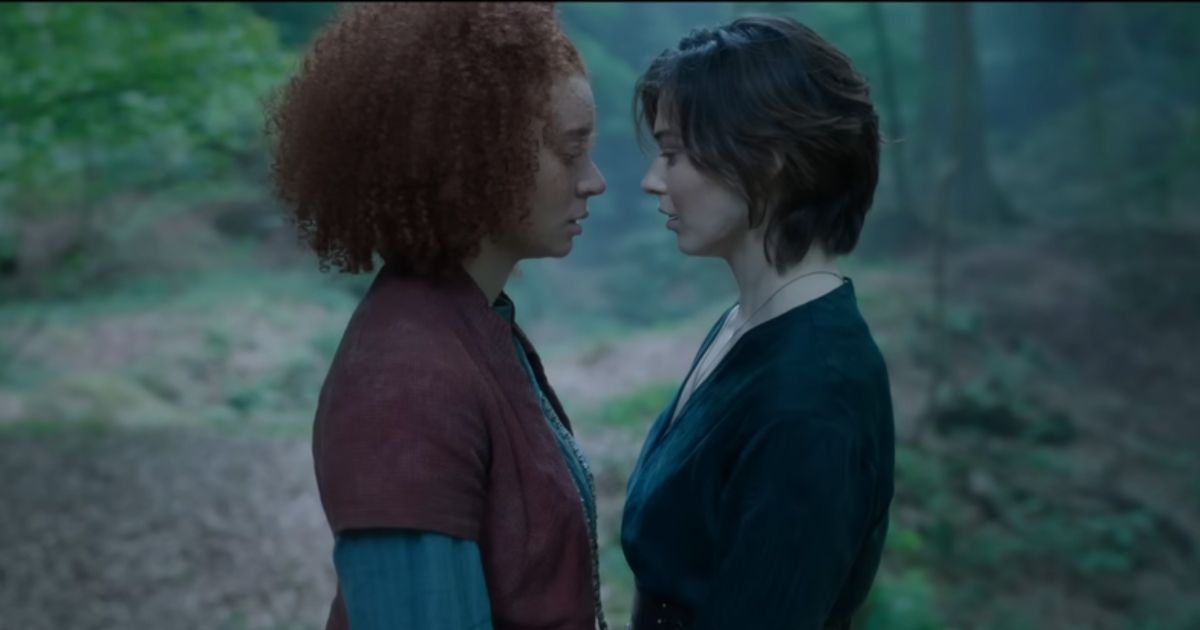On the surface, the cancelation of Willow is a simple business decision that comes down to nothing more than the cost of production against the revenue the project gained, which by many accounts, was not a great deal. While showrunner Jon Kasdan has discussed the second season of Willow, saying it has been mapped out and could still go ahead sometime in the future, that hasn’t stopped a huge backlash on social media calling the move anti-representational. For some, the series’ demise marks the latest in a long line of shows featuring prominent queer characters and romances to have been canceled in the last few months.Willow was released to a now-expected conflict of opinion between those who praised the show’s inclusive cast of new characters and those who review-bombed the show for changing the focus of the series compared to the 1988 movie. Complaints against the show were that it included too many representational characters for the sake of it rather than to aid the telling of the story. This battle continued throughout the series run and became more of a fierce fight than any featured in the show.Now there has been a wave of outrage over the cancelation, including the introduction of the hashtag “#cancelyourgays,” which has been used to call out the cancelation of Willow and a number of other recent shows, including Netflix’s Warrior Nun. In relation to Willow, one Twitter user said, “We deserve representation. Stop cancelling us.” Another added, “Sad news for the queer community – Willow was cancelled after 1 season.” You can see some of the other comments below.
Representation is the Hardest Thing to Handle In Hollywood
When it comes to representing any group of individuals in mainstream TV shows and movies, there seems to be no easy way for studios to handle it and bring a unanimous harmony across all opinions. Some believe every project must have a stipulated number of prominent characters who are queer, Black or Asian or trans, etc. In contrast, others want to see shows go down the same route as series such as Yellowstone and concentrate on a story that doesn’t need this kind of representation.
Those with strong opinions one way or the other will never allow the slightest bit of give to the other side, and that is where studios find it harder and harder to get things right. Many new shows and movies in recent years have told stories involving queer relationships that have been pitched perfectly to the right audience and have been the recipient of widespread acclaim. Unfortunately, doing a similar kind of story in the center of Willow, which had previously set out its world as an “old-world” fantasy, was not going to be popular with many fans of the movie. This, along with a number of other modern elements that were haphazardly thrown into the mix, effectively killed off the interest of many who could have saved Willow from its ultimate fate.
In the end, every series is built on the principle that it has to be popular and generate a strong enough following to make future seasons viable. If audiences don’t tune in, regardless of the subject and focus and how much it brings to a group that is still a minority, studios will not pursue something that costs more than it earns.


